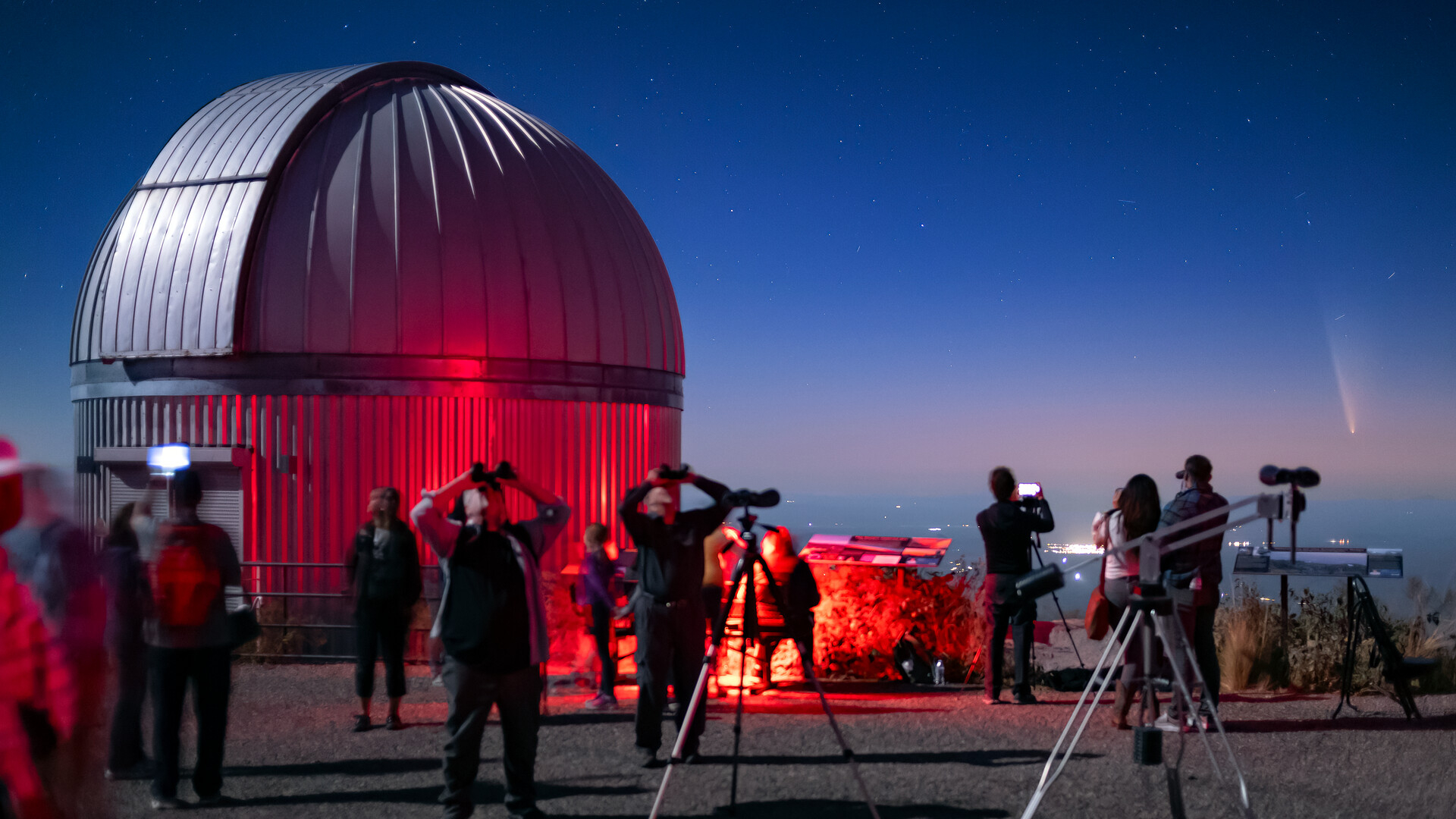Climate scientists uncover new record-low temperature in Greenland
On Dec. 22, 1991, it was colder in Greenland than on Mars.

On the heels of the hottest summer the Northern Hemisphere has ever seen, U.N. researchers digging through the climate record have reported a chilling discovery: On Dec. 22, 1991, a remote weather station atop the Greenland ice sheet recorded a temperature of minus 93.3 degrees Fahrenheit (minus 69.6 degrees Celsius) — the coldest temperature ever recorded in the Northern Hemisphere.
The frigid new record, announced Wednesday (Sept. 23) in a statement from the U.N.'s World Meteorological Organization (WMO), shivers past the previous record of minus 90.4 F (minus 67.8 C) set in two different towns in the Siberian Arctic, first in 1892 and the other in 1933. For comparison, all three of those extreme lows sneak past the average temperature on Mars, which is roughly minus 81 F (minus 63 C), according to NASA.
"In the era of climate change … this newly recognized cold record is an important reminder about the stark contrasts that exist on this planet," WMO Secretary-General Petteri Taalas said in the statement.
Related: Photos: The 8 coldest places on Earth
Contrasting those lows, of course, are extreme highs that continue to set scorching new records year after year, thanks to global warming. In Verkhoyansk, for example — one of the Siberian towns that witnessed the former record-low in 1892 — temperatures reached 100 F (38 C) this June for the first time in recorded history, setting a new record-high temperature for the Arctic Circle.
Meanwhile, Antarctica — which still holds the world record for coldest temperature on Earth (minus 128.6 F, or minus 89.2 C, recorded in 1983) — saw a new all-time high this February, when temperatures reached 69.35 F (20.75 C) during the Southern Hemisphere's summer.
Greenland's new record low was discovered by a team of so-called "climate detectives" working at the WMO's Archive of Weather and Climate Extremes in Geneva. The temperature was recorded by the Klinck automatic weather station, which was active from 1990 to 1992 near the highest peak of the Greenland ice sheet, according to AP News. The WMO detectives confirmed these results with the original Klinck researchers before making their announcement on Wednesday. Formed in 2007, the WMO Archive has uncovered a slew of similar meteorological records over the years. In June 2020, Archive researchers announced the discovery of the longest lightning bolt ever recorded — a 440-mile-long (700 kilometers) bolt that stretched across Brazil and Argentina on Halloween, 2018. What could be spookier than that?
Breaking space news, the latest updates on rocket launches, skywatching events and more!
Originally published on Live Science.

Brandon has been a senior writer at Live Science since 2017, and was formerly a staff writer and editor at Reader's Digest magazine. His writing has appeared in The Washington Post, CBS.com, the Richard Dawkins Foundation website and other outlets. He holds a bachelor's degree in creative writing from the University of Arizona, with minors in journalism and media arts. He enjoys writing most about space, geoscience and the mysteries of the universe.

